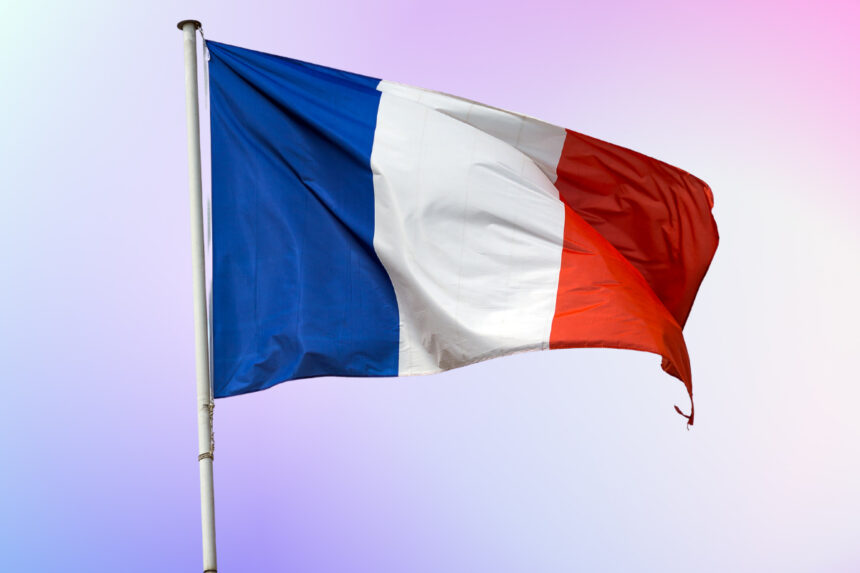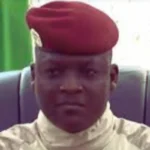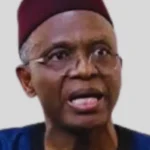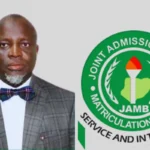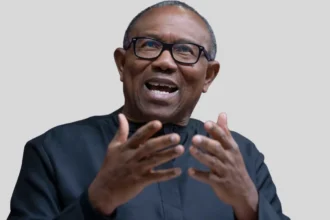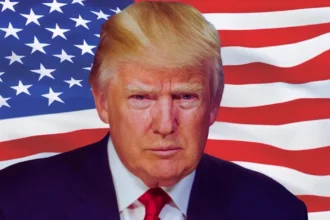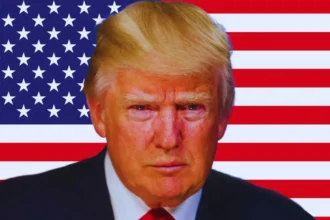In a recent speech addressing France’s foreign policy and global engagement, President Emmanuel Macron called for a recalibration of France’s role in Africa, emphasizing the importance of a more demanding and respectful dialogue with the continent’s nations.
Macron’s speech, delivered to French diplomats, explored a range of issues including the ongoing military interventions in Africa, the climate crisis, global health challenges, and the defense of democracy worldwide. While discussing France’s military presence in Africa, particularly its efforts to combat terrorism in the Sahel region, he remarked on the complexities of the relationship between France and African nations, particularly when it comes to expressions of gratitude for the country’s military support.
“I hear the easy remarks that are sometimes made. We always have successes on the stage when on the ground, we insult the Comoros. The reality is that first of all, things are always more complicated than we want to make people believe. But then, we must above all engage, here too, in a demanding but respectful dialogue,” Macron stated. He also noted that France must work to build common solutions with African nations, focusing on mutual cooperation in areas such as climate change, migration, and economic development.
However, Macron drew some criticism for comments that suggested African nations had not adequately acknowledged the role France has played in providing military support. In a statement that has sparked significant debate, the French president claimed that many Africans had failed to express gratitude for France’s military aid, particularly in regions where France has been involved in counter-terrorism operations.
The president’s remarks reflect the frustration that some French officials feel regarding the lack of acknowledgment for their country’s military efforts, which have often been met with opposition or skepticism from certain sectors of African society. These sentiments have resurfaced as part of the broader debate surrounding France’s military presence in Africa, with some questioning the effectiveness of its interventions and others calling for a reevaluation of the relationship.
On climate change, Macron warned of growing global challenges, citing the Paris Climate Agreement and the need to continue advancing sustainable solutions. He reaffirmed France’s commitment to pushing for action at international forums such as COP30 in Brazil, emphasizing the importance of assisting emerging countries like China, India, and South Africa in their transitions away from coal reliance.
Addressing global health issues, Macron reiterated the importance of defending the World Health Organization (WHO) against potential threats, especially in light of the current geopolitical tensions. He also announced plans to advance global efforts to combat food insecurity, with a particular focus on child malnutrition.
Turning to the state of democracy, Macron urged greater support for human rights, freedom of the press, and democratic principles, which he described as under threat in many parts of the world. He stressed that France would continue to stand in solidarity with those advocating for free elections and the protection of civil liberties.
Macron’s remarks on Africa’s reception of French military aid reflect the broader challenges France faces in balancing its historical ties to the continent with contemporary geopolitical realities. While some have praised France’s ongoing commitment to security in Africa, others have criticized its perceived neo-colonial influence.
In conclusion, the French president emphasized the importance of diplomacy in addressing the global crises of the moment, including climate change, health, and democracy. Despite his call for renewed cooperation, the debate surrounding France’s military interventions and its relationships with African nations is likely to continue to evolve as France navigates a changing international landscape.
